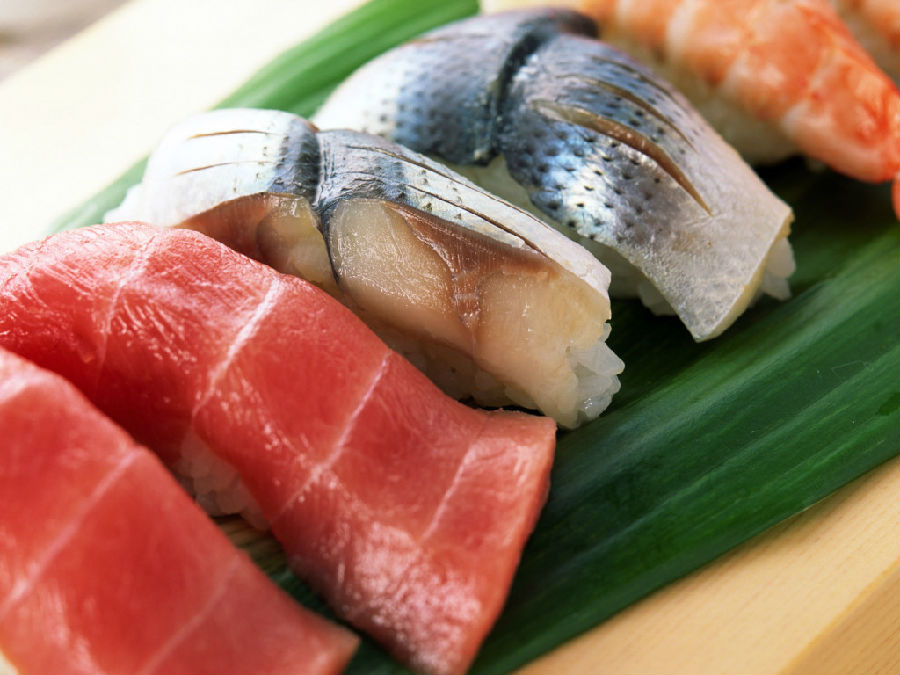WILLIAM BRANGHAM: Today, of course, is Friday, and in many cultures, that's the day to eat fish. But the health of our oceans may be in danger from a different part of the fish industry, the booming market for fish oil supplements. Now, Paul Greenberg, author of three books on the fishing industry, offers his Humble Opinion on why we should simply eat more of the real thing.

PAUL GREENBERG, Author, Four Fish: The Future of the Last Wild Food: The average American eats only around 14 pounds of seafood per year, compared to over 200 pounds of meat. Yet some 18 million American adults, nearly 8 percent of the adult population, take fish oil supplements. As we think about eating light and getting healthy, my advice is to skip the pill and eat the fish instead. First off, most omega-3 supplements come to us from little fish that big fish like to eat. Anchovies, herring, sardines, these essential creatures are the targets of what is called the reduction industry, a multibillion-dollar business that boils down tons and tons of marine life into fertilizer, animal feed and, yes, dietary supplements. If we left those little fish in the water, there'd be many more big fish to eat. No-brainer, right? And if you get past the supplement fixation, it's clear that fish and shellfish are much more than simply vessels for omega-3s. Fish are low in fat, high in protein, and overall a much lower-calorie way of getting essential nutrients into our bodies. Yes, there are issues with mercury contamination with bigger fish, but it turns out that all those little fish that we normally reduce into supplements and animal feed are some of the lowest in mercury and other pollutants. Perhaps most surprising, seafood, both farmed and wild, turns out to have some profound ecological advantages. Carbon footprint, freshwater use, and conservation of open space all come out better with a seafood-leaning diet than a land meat diet. That's because land animals stand, while fish float. A large portion of the food we have to feed land animals to bring them to market gets burned up simply by land animal's resisting the pull of gravity. Fish, meanwhile, use all that energy to grow more meat for the table. And farmed mussels and oysters are even better. You don't have to feed those guys anything. They get bigger and fatter just by filtering the water. Of course, we shouldn't eat seafood with abandon. A couple meals a week. Try some clams or mussels and smaller fish like anchovies. And we should stay away from wild fish and shellfish that are overharvested and farmed seafood grown using unsustainable practices. After all that, if you feel like you must take a pill, there are now supplements made from much greener alternatives, like algae. In short, get your omegas. Just be principled about it.












